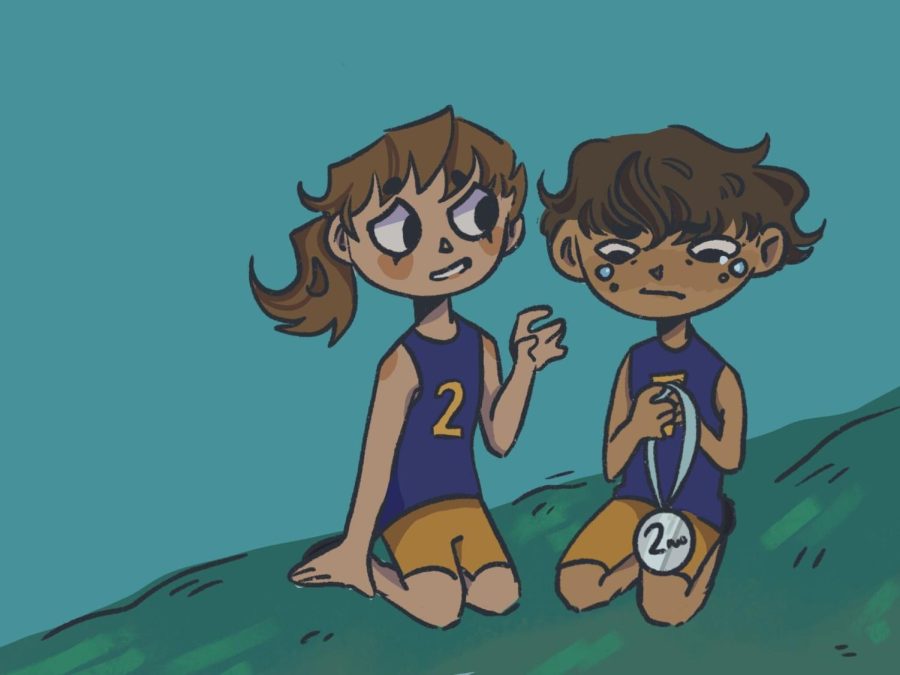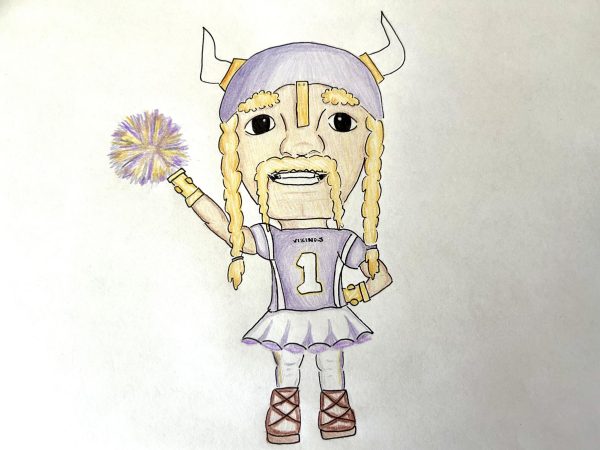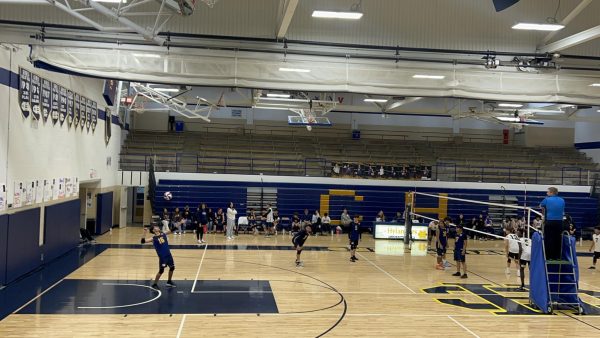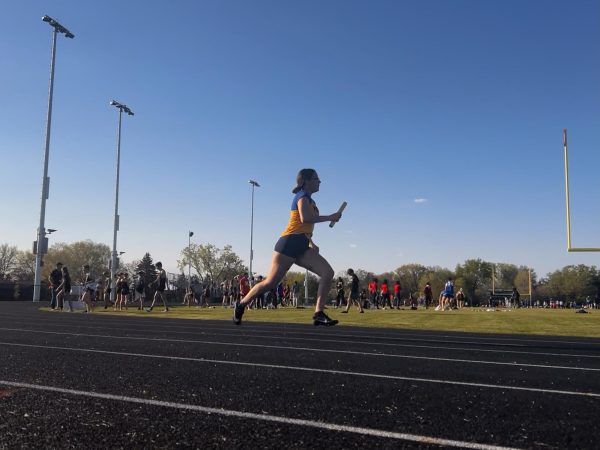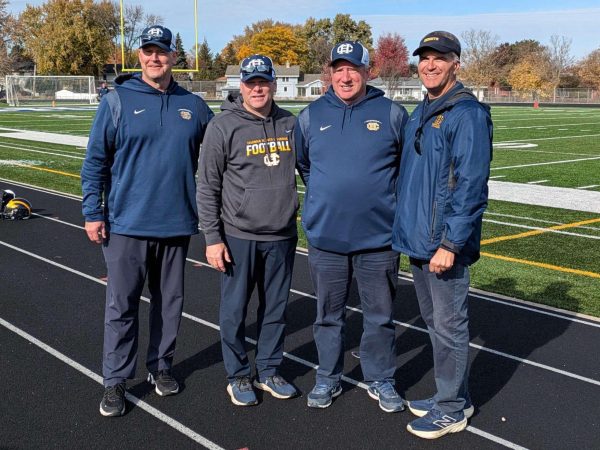Second place finishes often overlooked
Athletes are often highly disappointed in their performance after receiving second place despite achieving so much.
This story was originally published in the Heights Herald print edition.
In all competitions, there needs to be a loser. Otherwise, there would not be a competition—just participation. But in a tournament setting, the second-place team should never be considered the loser, as they achieved much more than so many other teams.
In most athletics, teams have one thing that they are working towards for the entire season: the Section Tournament, which leads to the State Tournament. Teams also participate in individual tournaments, or a whole day of competition. In either case, by the finals, the athletes are tired. They want to put their whole game out on the line to win. Their bodies can hurt from fatigue and injuries and the athletes are pushing through to finish. They work and work, beating every team in their path when they reach the final game to win the tournament. After all of this, the team falls short and gets defeated.
Studies have found that receiving the silver medal is worse for many athletes compared to winning a bronze. When you win the bronze medal, you are happy to have received one, but when receiving the silver you are considering all the ‘What ifs’ that took place that day. Because of this, athletes feel like receiving the silver medal is the worst feeling in the world. But why is that? Oftentimes it’s because they feel like their hard work has been wasted. They work and work and fall just short of first place. But if we shift our mindset as a society and with the help of the often complicit media, the day to celebrate, rather than dread, second place might come a lot sooner for many athletes.
Shawn Johnson was a professional gymnast in the Beijing 2008 Olympics. The year before, she won gold in the All-Around Competition at the World Gymnastics Championship. Entering the 2008 games, she was predicted to receive four gold medals and go first and second with her friend and teammate Nastia Luiken. In her first three competitions, she received silver every time. Even though she received silver in the All-Around, Johnson also competed in the best routines of her career. She was extremely proud, but after event officials and media outlets questioned her on “losing” in these competitions, Johnson justifiably took issue because she still felt prideful of what she accomplished.
“I got two more silver after that, then finally got a gold,” Johnson said back in 2016. “But once I got the gold it was like it didn’t matter, the damage was done.”
As students, part of our identity is placed in the activities we put our soul and sweat into outside of class. When you participate in theater, you consider yourself an actor, or in band and choir, you consider yourself a musician. When you are in sports, you consider yourself a soccer player, a basketball player or a gymnast. When placing your identity in your sport or extracurricular, you also place some of your worth in that activity. By receiving second place, you feel like you’re failing at everything you are good at.
This feeling is just perpetuated when everyone around you comments about the loss. The media focuses more on the person in first place, and while that makes sense (that person succeeded, after all), it does not mean second place did not also succeed. When the athletes see that they are just a background thought, it sucks. Their feelings of worthlessness are validated. They see how the public and the media perceive second place. Getting second place starts to become a negative feeling.
Columbia Heights High School has found itself in second place positions multiple times over the past couple of years. Last year, the football team received second in their section and the boys’ basketball team lost the section finals game by just four points after an undefeated season. Most recently, per our front page story, the boys’ soccer team achieved a historic second place in their section after 13 straight wins. All of the disappointment surrounding these losses are real and legitimate. All of these teams could have gone to state and achieved a lot there. But receiving second in the section is also a great achievement and attests to great seasons.
“It hurt too much to take it as an achievement [because] we all played our hardest and we wanted that win.” boys’ soccer captain Jason Carpio (12) said. “The team was sad because they all saw how much we wanted it and how far we made it—we were conference champs, something Heights didn’t have.”
After playing in these narrow defeats, athletes fall asleep at night running through the game in their heads, criticizing every mistake they made. Great athletes like Kobe Bryant and Josh Allen blame a whole team’s loss on themselves. Reliving the past doesn’t change what happened. It’s about taking that loss and letting it push you to want the win next time. In general, a bad part of a game or a losing streak can destroy a team, or it can make them stronger depending on their mental process and the support that may or may not surround them. It’s about the growth that happens after coming second, both as a team and as an individual.
Coming in second does not mean you are terrible. In fact, it means you are a competitor. You came in second above everyone else, and that is something to celebrate.

Greta Wilson is a senior at CHHS. This is her third year on staff with The Heights Herald, this time as the Co-Editor-in-Chief after being the Sports Editor...


